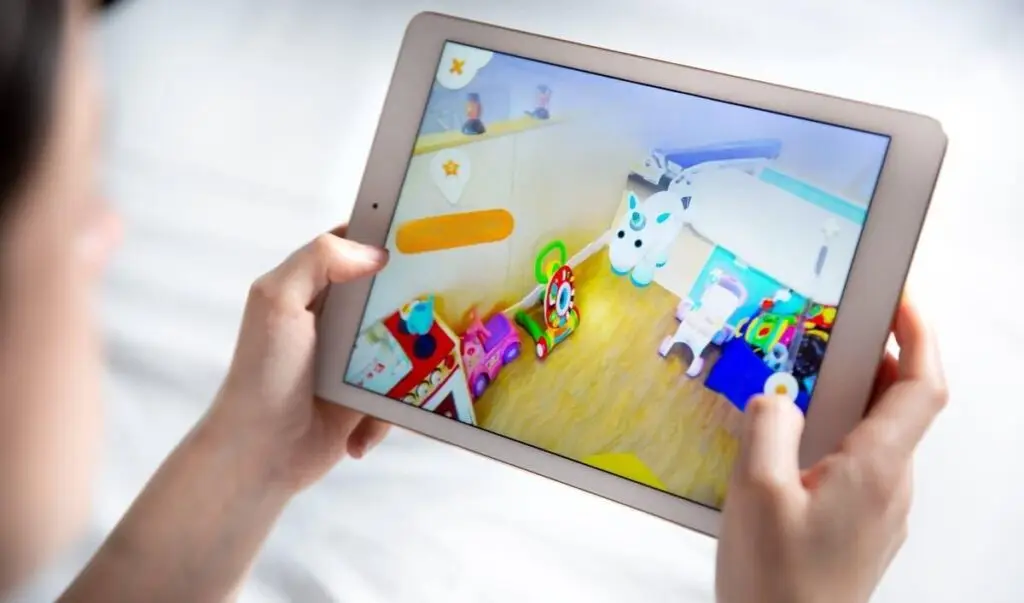In today’s fast-paced world, healthcare isn’t just about physical treatments anymore. It’s also about understanding and catering to patients’ emotional needs. When technology and empathy go hand in hand, the outcome is digital health services that feel more human. This essential connection can significantly reshape how people experience healthcare.
By integrating emotionally intuitive design, digital health products are not just tools; they become companions. These services take into account the emotional journeys of patients, offering comfort where it is most needed. They aim to bridge gaps between appointments, demystify medical jargon, and provide support in both mental and physical health aspects.
Design for emotional journeys
Emotional response should form the foundation of digital healthcare design. This approach ensures that the healthcare journey becomes less intimidating. For instance, a companion app for Alder Hey Children’s Hospital employs a chatbot and Augmented Reality (AR) to make young patients feel more at ease with their medical treatments and surroundings.
Empathetic digital experiences are vital across all aspects of healthcare. A notable example is the Vibrant Emotional Health project aimed at users of the National Suicide Prevention Hotline. The Safe Space virtual experience was shaped by user research focused on understanding people’s feelings, fears, and goals.
Digital health experiences extend beyond mental health. For instance, Helios Health partnered with ustwo to create Pineapp, a digital companion service designed for fertility treatments. This service addresses the emotional journey by providing deeper information and personalised treatment plans.
Support for fertility treatment journeys
Fertility treatments are often emotionally taxing. Many people feel isolated or overwhelmed during this period. Pineapp was designed to support individuals through their fertility journey by meeting them where they are and offering both mental and physiological health support.
Our user research indicated that individuals often feel ‘disconnected’ between appointments. Pineapp aims to bridge this gap by offering relevant and supportive information, empowering users with understanding and control over their fertility journey.
Empowering patients and clinicians
Digital products can strengthen the bond between patients and clinicians. Contrary to the fear that technology may replace human interaction, when designed thoughtfully, it can enhance the patient-clinician partnership.
Projects like Pineapp aim to demystify medical jargon and facilitate more productive conversations between patients and doctors. By providing essential information and emotional support, these products extend the patient-clinician relationship beyond face-to-face appointments.
Other projects, such as Fresenius’s the Doctor App or Deepmind Health’s Streams app, allow clinicians to personalise care by freeing up their time to spend more with patients, thereby improving overall healthcare quality.
Human-centred design in healthcare technology
Healthcare is a highly regulated space. Digital services must consider patient safety, data privacy, and compliance with regulatory standards.
The approach should be human-centred, focusing on emotional response and real connections. Designing with individuals and clinicians ensures that the products meet real needs and promote responsible technology use.
Technology has the potential to exacerbate inequality and bias. Poorly designed AI systems or data-driven technologies can worsen health disparities, particularly among minority ethnic groups. Therefore, it is crucial to adopt responsible and emotionally intuitive design principles.
Case studies and real-world applications
Various real-world applications demonstrate the importance of emotionally intuitive design. For example, the Safe Space project for the National Suicide Prevention Hotline provides a soothing interface that helps users cope during crises.
Helios Health’s Pineapp digital companion service addresses both the clinical and emotional needs of individuals undergoing fertility treatments. This dual approach helps users feel understood and supported throughout their journey.
Meanwhile, Fresenius’s the Doctor App improves clinicians’ ability to make informed decisions and engage with patients more effectively. These case studies highlight that emotionally intuitive design can significantly enhance the healthcare experience.
Future directions in digital healthcare
The future of digital healthcare lies in focusing on care rather than disruption. By understanding and addressing the emotional needs of users, digital products can become more effective.
One participant in the Pineapp research expressed the desire for clinics to offer such tools, highlighting the impact on patient experiences. This sentiment reflects the broader potential for emotionally intuitive designs in improving healthcare outcomes.
Conclusion
In summary, emotionally intuitive design is essential for creating effective digital healthcare products. By prioritising the emotional journeys of patients and clinicians, these products can make healthcare more humane and supportive.
Adopting a human-centred approach in design helps address inequalities and ensures that technology serves to enhance, rather than hinder, healthcare experiences.
In conclusion, emotionally intuitive design has the power to transform digital healthcare services. It bridges the gap between clinical expertise and emotional support, making treatments less daunting and more humane.
By focusing on the emotional journeys of both patients and clinicians, digital products are not merely innovative tools; they become compassionate companions in healthcare. This approach ensures technology serves to enhance, not hinder, the experience.

